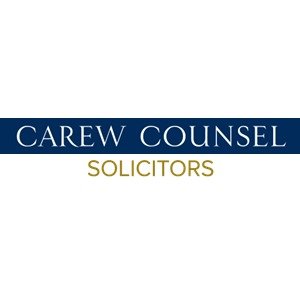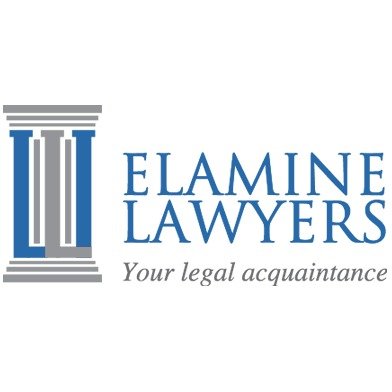Best Trusts Lawyers in Melbourne
Share your needs with us, get contacted by law firms.
Free. Takes 2 min.
List of the best lawyers in Melbourne, Australia
About Trusts Law in Melbourne, Australia
Trusts in Melbourne, Australia, are legal arrangements where one party (the trustee) holds and manages assets for the benefit of others (the beneficiaries). A trust can hold various types of assets, including money, property, and shares. The trustee is required to act in the best interests of the beneficiaries and is governed by the Trusts Act 1973 by the Victoria government.
Why You May Need a Lawyer
A lawyer can provide great aid in several situations regarding trusts. You may require a lawyer to set up a trust, manage a trust, or if disputes arise within the trust. If substantial assets are involved, sound legal advice will ensure that you are meeting your legal obligations as a trustee. Lawyers can also help to navigate the complexities and legal obligations of trusts, ensuring that the trust is operating in the best interests of the beneficiaries.
Local Laws Overview
Trusts in Melbourne are governed by the Trusts Act 1973, which sets out the duties and responsibilities of trustees. The trustee must act honestly, in good faith and in the best interests of the beneficiaries at all times. The trustee should not benefit themselves unless the trust deed allows them to do so. There are also tax implications associated with trusts which are governed by the Australian Taxation Office.
Frequently Asked Questions
What is the purpose of a trust?
A trust can be used for various purposes such as protecting assets, planning for future generations, estate planning, or reducing tax liability.
Who can be a trustee?
Generally, any person over the age of 18 who has the legal capacity can be a trustee. Companies can also act as a trustee.
Can the terms of a trust be changed?
It depends on the terms of the trust deed; some trusts may allow variations while others may not.
What are the tax implications of a trust?
Tax implications of a trust may be complex and depend on factors such as the type of trust, the type of beneficiaries, and the distribution of trust income.
What happens if a trustee breaches their duties?
If a trustee breaches their duties, they may be sued by either the beneficiaries or the co-trustees, and may be susceptible to civil penalties or criminal charges depending on the nature of the breach.
Additional Resources
The Trustee Act 1958 (Victoria), the Victoria State Government website and the Australian Taxation Office website provide useful information about trusts. You may also want to refer to the Law Institute of Victoria, which provides legal resources and a directory of lawyers who specialize in Trust Law.
Next Steps
If you need legal assistance with a trust, the first step is to find a lawyer who specializes in Trust Law. Preparing any relevant documentation and a list of questions can help make the most of your consultation. Ensure that you understand your duties and responsibilities as a trustee, and get legal advice as necessary to ensure that you comply with all legal obligations.
Lawzana helps you find the best lawyers and law firms in Melbourne through a curated and pre-screened list of qualified legal professionals. Our platform offers rankings and detailed profiles of attorneys and law firms, allowing you to compare based on practice areas, including Trusts, experience, and client feedback.
Each profile includes a description of the firm's areas of practice, client reviews, team members and partners, year of establishment, spoken languages, office locations, contact information, social media presence, and any published articles or resources. Most firms on our platform speak English and are experienced in both local and international legal matters.
Get a quote from top-rated law firms in Melbourne, Australia — quickly, securely, and without unnecessary hassle.
Disclaimer:
The information provided on this page is for general informational purposes only and does not constitute legal advice. While we strive to ensure the accuracy and relevance of the content, legal information may change over time, and interpretations of the law can vary. You should always consult with a qualified legal professional for advice specific to your situation.
We disclaim all liability for actions taken or not taken based on the content of this page. If you believe any information is incorrect or outdated, please contact us, and we will review and update it where appropriate.

















